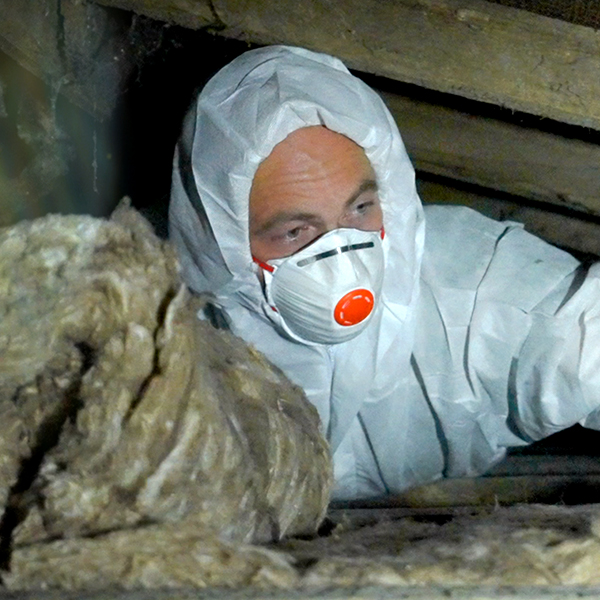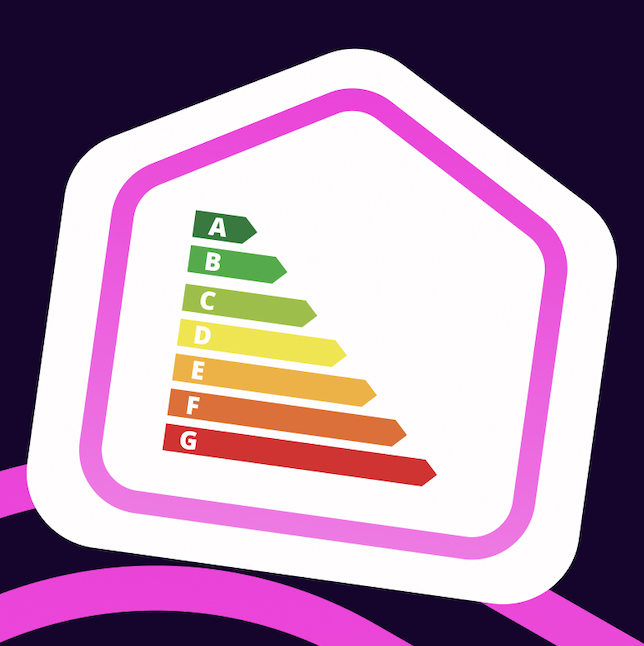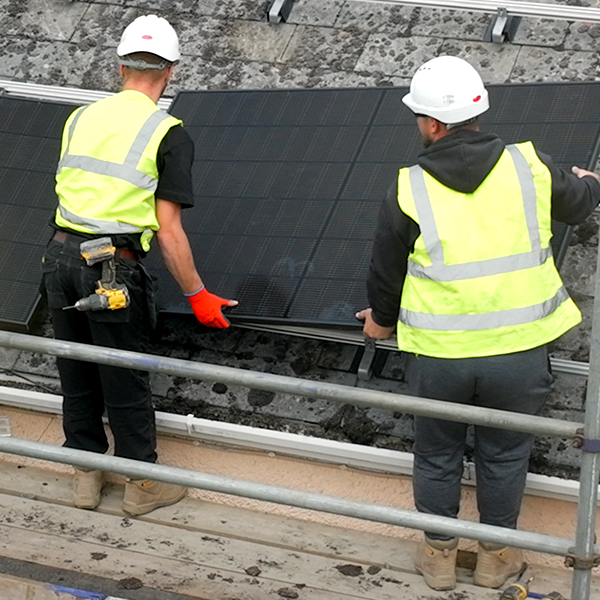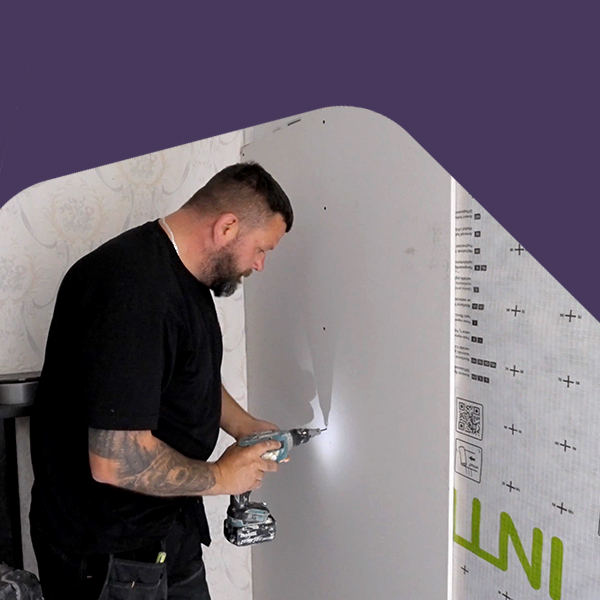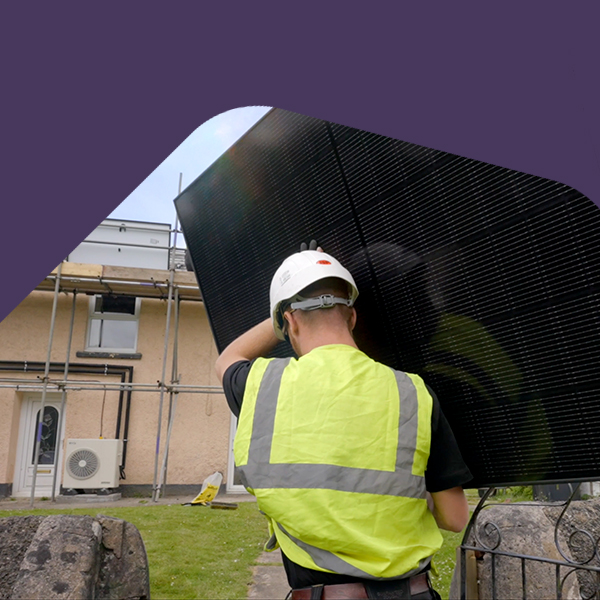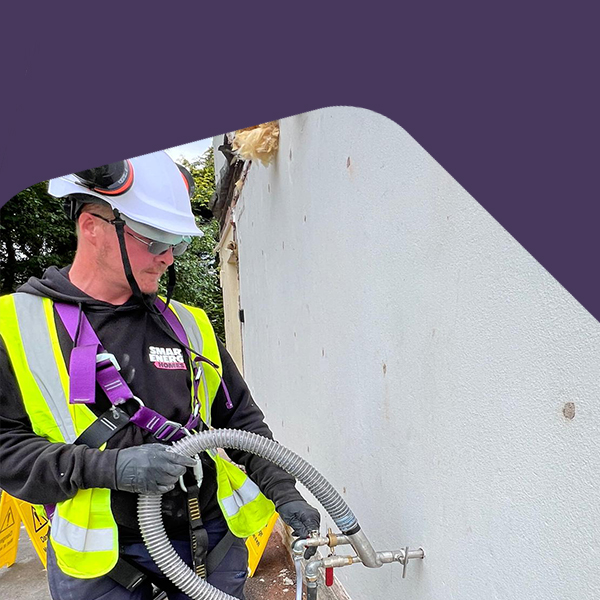Tackle High Energy Bills with Scott Quinnell
At Smart Energy Homes, we know that success is all about teamwork. And who better to demonstrate this than rugby icon Scott Quinnell? In our latest video, Scott brings his legendary coaching style to the world of energy efficiency.
